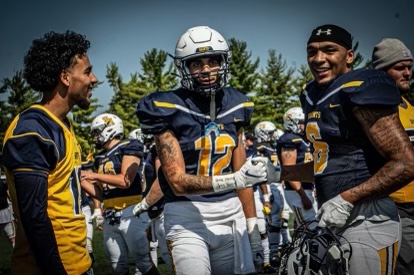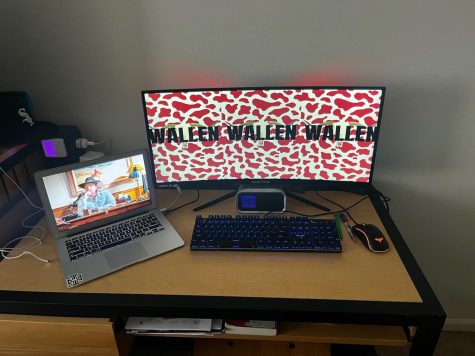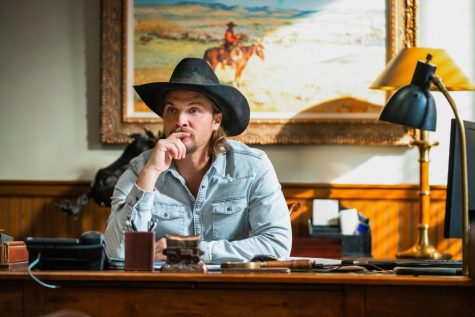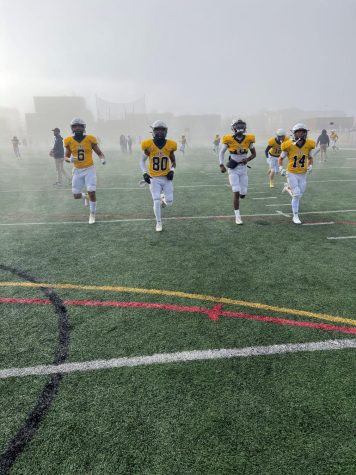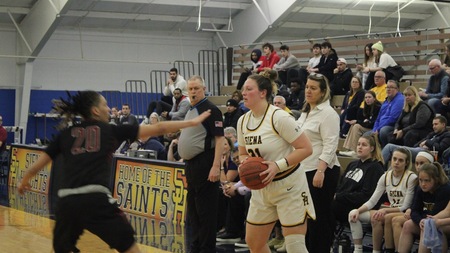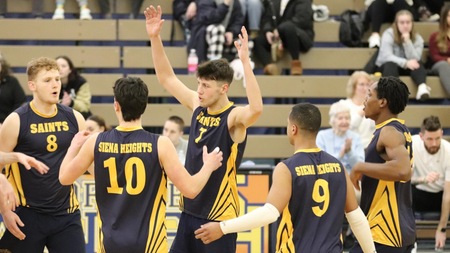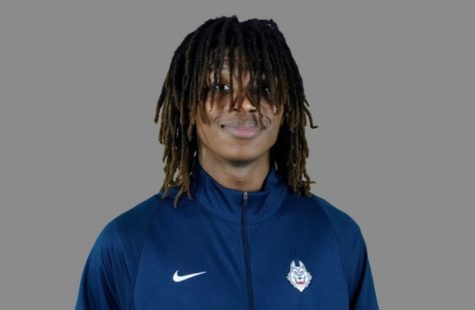Characters in Popular Culture Reflect Us
ON THE MARK
I don’t usually see much point in complaining. A few complaint slips from intelligent people might inspire some thought, but the whole complaining thing doesn’t do much but create noise and hard feelings.
Recently, I’ve come across a lot of flak regarding female characters in video games and other popular outlets. Many of these characters fill certain archetypes, like the damsel in distress or the femme fatale, and even fulfill a couple of stereotypes. I understand that most of the people voicing these complaints are women or feminists. And to some degree, I agree that some characters are unfairly treated. However, the majority of female characters are well-developed and stand for great things, if only one can look past the initial image.
When we think of a “femme fatale,” we usually think of the chick James Bond has to either seduce or kill because she’s using her wry charms to try and murder him. They’re beautiful, charismatic, jam-packed with sex appeal and unreasonably deadly or seductive. And, pertaining to their role, they’re bound to be defeated by the hero.
The damsel in distress image isn’t a pretty one, either. Kidnapped, locked away, subjected to the terrible treatment given out by the villain; a damsel’s role isn’t very fun. Lilith, a character in the video game Borderlands, even remarks that death is better than being a damsel. One can only imagine how horrible of a time Princess Peach keeps having when she’s kidnapped, and even worse, she keeps getting kidnapped over and over again.
To many, it’s not very fair to women when all these popular icons are defeated by the hero or put up as mere items to rescue or ogle. Even worse is the outcry sparked from seeing lacy women up on the silver screen or elsewhere flaunting their sexuality and sex appeal for the entertainment of men. A female character shouldn’t be an object, but instead should be a symbol of strength or some other positive attribute. Perhaps a certain female character is, in fact, standing for something greater than herself, but when it seems that she’s put out of the limelight or belittled by wearing ‘questionable clothes,’ the book is then judged by its cover. And this judgement is passed by the very people whom these female characters are trying to represent!
I don’t mean to belittle any women in the media or any female character. As a matter of fact, I love seeing strong, capable women doing what it takes to get what they want. Some of my favorite characters are women, like The Boss from Metal Gear Solid 3. They are pillars of strength and virtue. When people complain that these characters are simply filling out archetypes or are there to look pretty, others are quick to remind them of one tried and true fact of business: sex sells. And it’s not just attractive women that garnish viewers or buyers.
On the other side, we have the male characters who always seem to fill out the stronger, more heroic archetypes. These are big, burly men who can take a licking and unleash one hell of a reckoning upon the villains. Also, they’re ridiculously attractive to boot. I don’t know where these characters keep their hair gel, but it’s out of place in a zombie apocalypse. Once again, sex sells, and I imagine women who play games or watch TV and movies would much rather stare at an attractive male (or female) than some average Joe. See where I’m going with this?
In this day and age, we have much more diversity than we did before. Men and women are exploring new roles, while new characters are popping up to reflect the progress we make each day as a society. We have people of different races, gender, sexual identity and sexual preference to look to in popular culture. Yes, there are scantily-clad women, and yes, there are some less-than-reputable roles that they’re filling out. This includes male characters as well. But the important thing to note is that there are plenty of strong female figures in popular culture.
So long as we as a society keep working on bettering our lives, characters in popular culture will reflect us.



